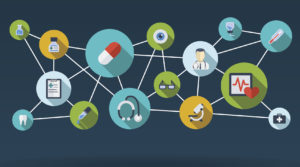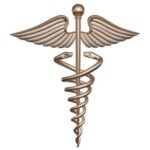
Elektra Labs, a healthcare security company, recently announced a $2.9 million seed funding round led by Maverick Ventures, along with the launch of Atlas, a platform for cataloging connected monitoring technologies.
Atlas aims to simplify the evaluation of biometric tracking tools — fitness trackers and other medical tech wearables, for example — for clinical use by serving as a catalog of connected monitoring technologies. Elektra Labs is looking to build this infrastructure as a support system to be used by hospitals and insurers which form the backbone of the field of biometrics in digital healthcare.
With investment in biometric connected tracking tools growing along with increased adoption of devices, so has the matter of FDA clearance, threatening to convolute the market.
“During my time as an Entrepreneur in Residence in the FDA’s Digital Health Unit, it became clear to me that similar to pharmacies which review, prepare, and dispense drug components, our healthcare system needs infrastructure to review, prepare, and dispense connected technologies components,” said Andy Coravos, co-founder and CEO of Elektra Labs. “Questions around the security, accuracy and bias in the data from wearables have made researchers and developers confront the complexity of bringing these technologies to market. At Elektra, we set out to build that pharmacy-like infrastructure, and we’re excited to be supported by a seed round to help us get there,” she added.
Atlas was developed using input gathered from over 300 stakeholders in the software-enabled clinical trial ecosystem, with discovery pointing to the need of a better way to evaluate reliable tools. Similar to how drug or nutrition labels work, Atlas publishes labels for connected technologies that provide objective information about a product’s validation, usability, utility, security, and data governance components.
It is estimated that 5 million people will be remotely monitored by their healthcare providers by 2023, making the need for the proper evaluation of the tools that will be collecting patients’ data all the more important.
–
November 12, 2019 – by Tony Bitzionis





Follow Us